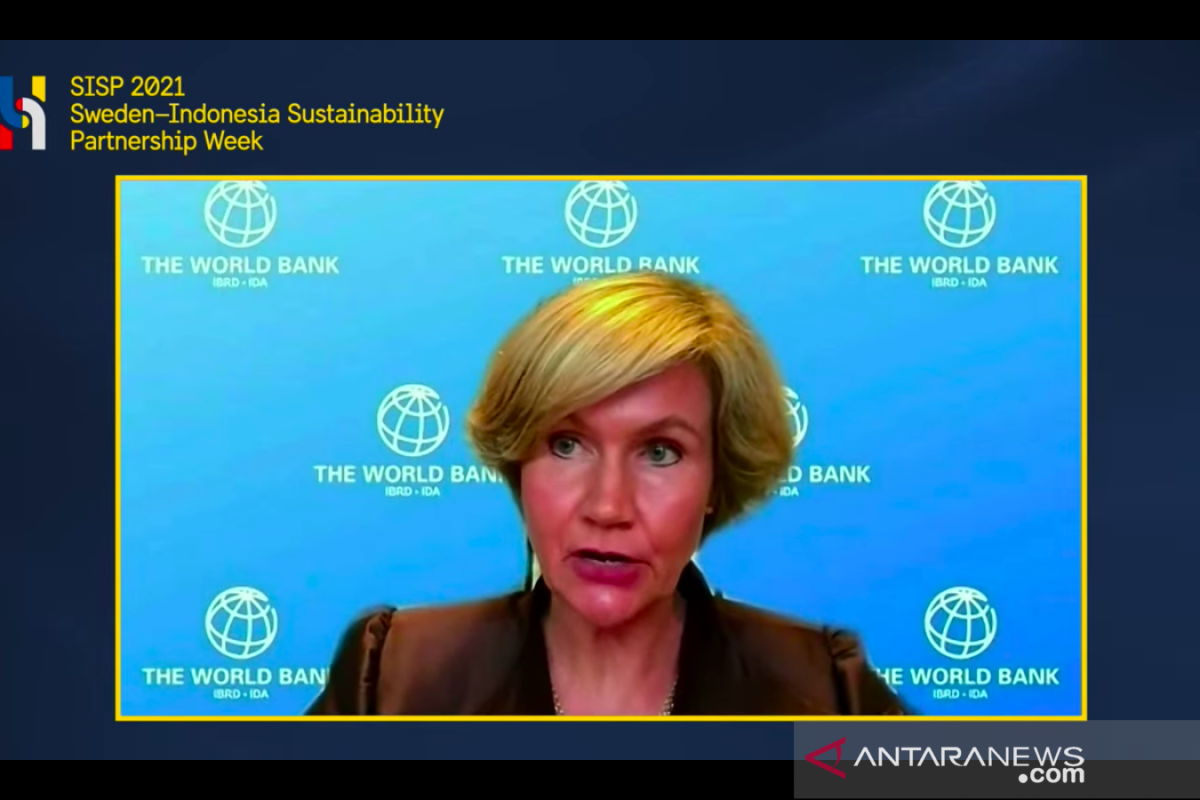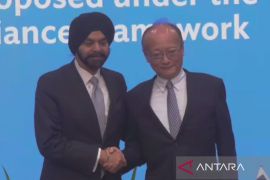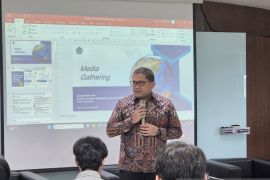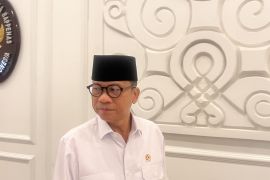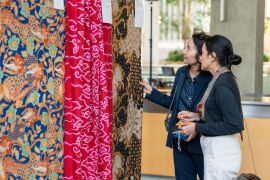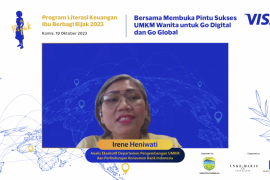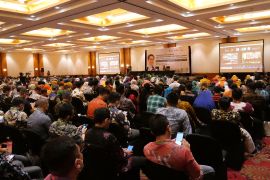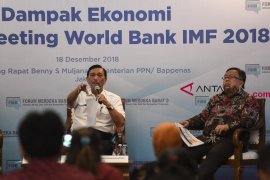“It is essential to get the private sector’s investment and finance in also bilateral cooperation. This transition needs everyone. And for that reason, this is time for Indonesia to make itself attractive to the private sector and (obtain) foreign direct investment (FDI) to facilitate technology transfer and partnership,” World Bank country director for Indonesia and Timor Leste, Satu Kahkonen, remarked during a webinar held as part of the Sweden-Indonesia Sustainability Partnership Week and televised here on Monday.
Green transition necessitates technical assistance from the international community in the form of policy advice, technology transfer, as well as finance, according to the director.
“Technical assistance and policy advice are the first steps. We can learn from global experiences, including from Sweden or elsewhere in the world, the lessons learned to help accelerate and allow Indonesia to leapfrog,” she explained.
In terms of financial assistance, international finance can help the transition, but green financing will be very costly, she pointed out, adding that Indonesia does not have sufficient resources to support the transition.
Related news: Jokowi outlines Indonesia's green economy strategy
“We doubt that an international financing institution like the World Bank can help and those (financing) are limited,” she remarked.
Private investment will not come in if it is too difficult or too costly, she revealed.
Indonesia has moved forward by issuing the Omnibus Law, particularly in job creation, however, it is not enough, according to Kahkonen.
“It would be important to address the remaining policies and regulatory barriers that hinder the investor and technology transfer, including pricing, subsidy policies, and non-tariff barriers,” she highlighted.
Kahkonen elaborated on three job areas that should be focused on during the green transition: direct green jobs, indirect green jobs, and transition jobs.
Direct green jobs refer to jobs that require specific green skills and those skills are in demand in the areas of biodiesel, water treatment, waste reduction, environmental engineering, electrical engineering, and energy conservation, she said.
Related news: Green Islamic bonds' issuance reached US$3.5 billion in 2018-2021
Indirect green jobs are those that produce green products and services and do not require green skills, for example, construction, energy and utilities, manufacturing, agriculture, and transport, she added.
Transition jobs refer to jobs where workers need to switch jobs, like in the coal industry, to support the green transition, she said.
“Indonesia should take actions now. The first step that Indonesia could take is starting to train the skills of current and future workers with the skills needed in green jobs, especially the contents of the formal education system. Green jobs tend to require skills concentrated in science, technology, engineering, and mathematics,” she explained.
Related news: Expert believes women play central role in green economy
Furthermore, Indonesia should start developing an advanced labor market information system to quickly identify changes in occupation and skills in demand, she said.
“The green transition is going to be a difficult journey but the journey cannot wait. Many advanced countries have started this process and have already reached the goals. This is good news for Indonesia. We will stand ready to support, we all will be on this journey together,” she remarked.
Related news: Education Ministry trains MSMEs, vocational units on e-commerce
Related news: Minister projects economic growth of 5.5-6 percent in Q4 2021
Reporter: Juwita Trisna Rahayu
Editor: Fardah Assegaf
Copyright © ANTARA 2021
